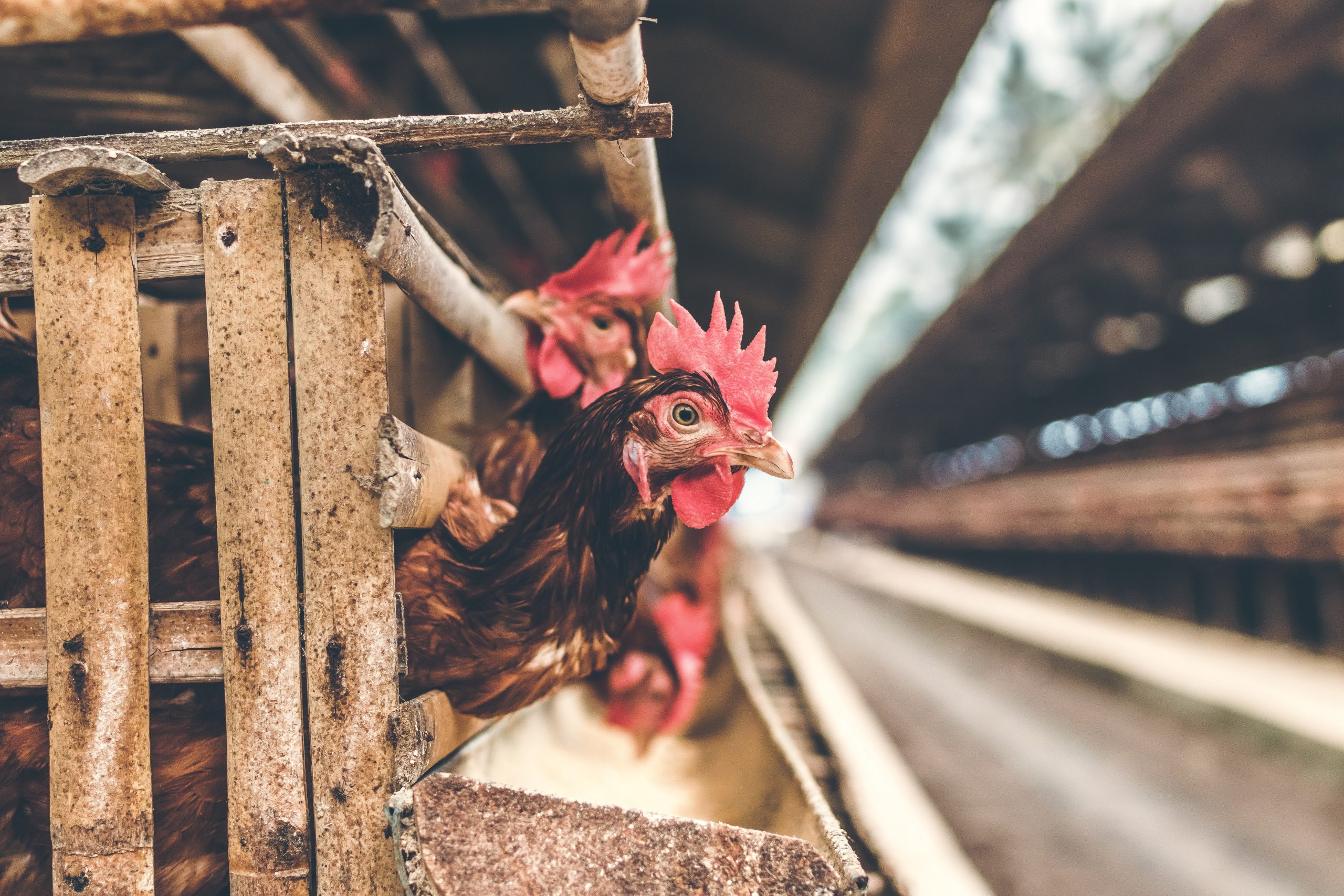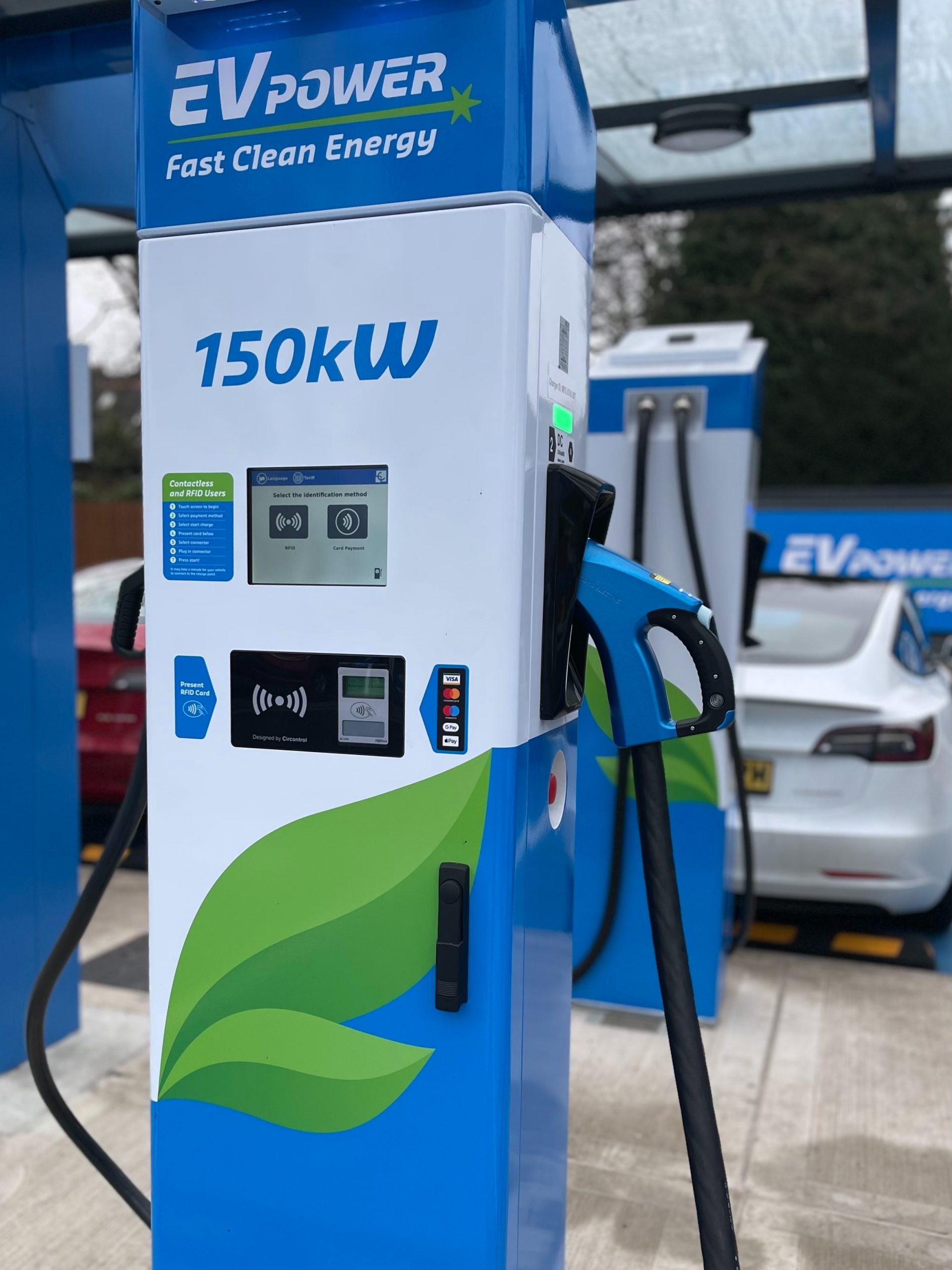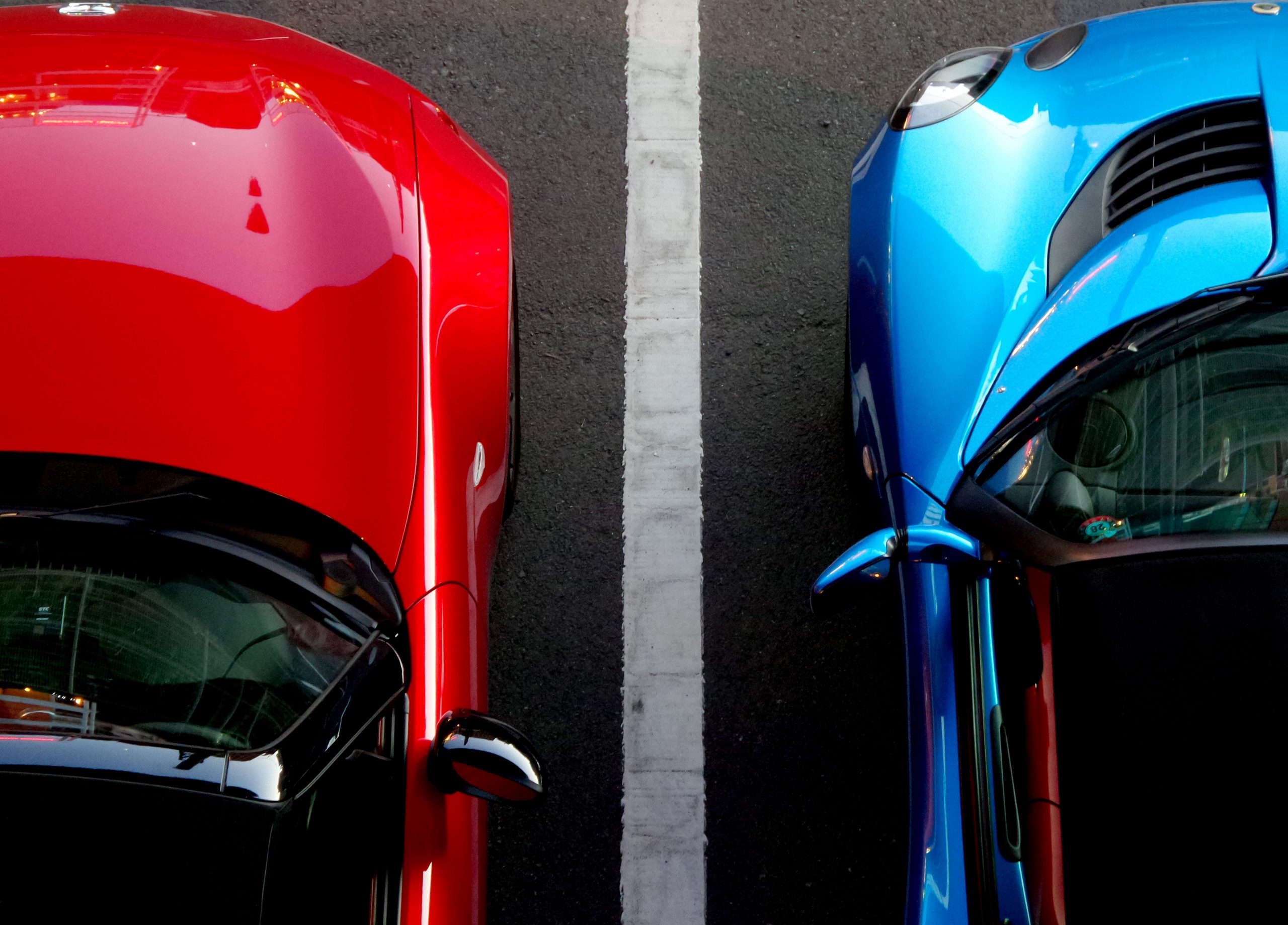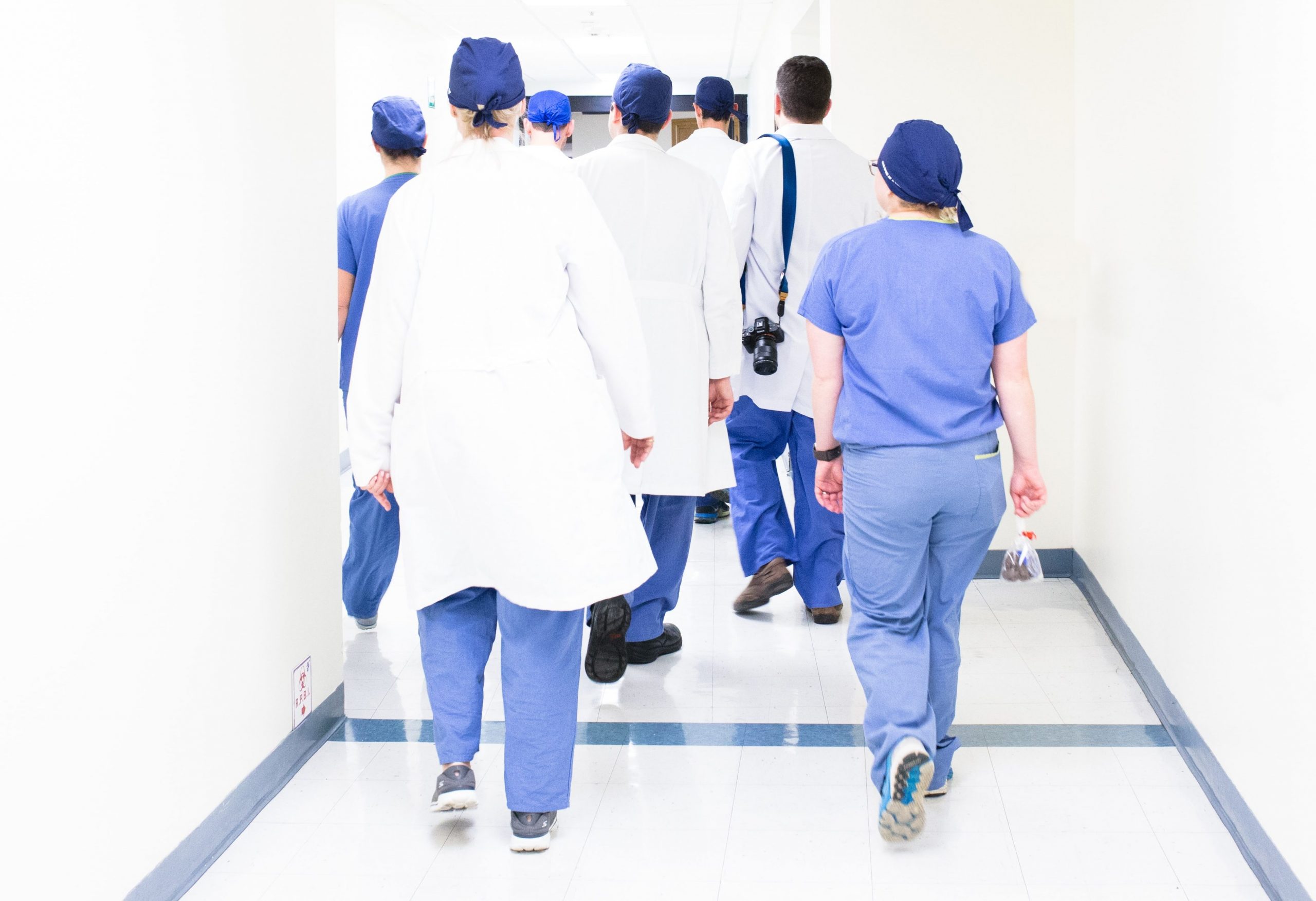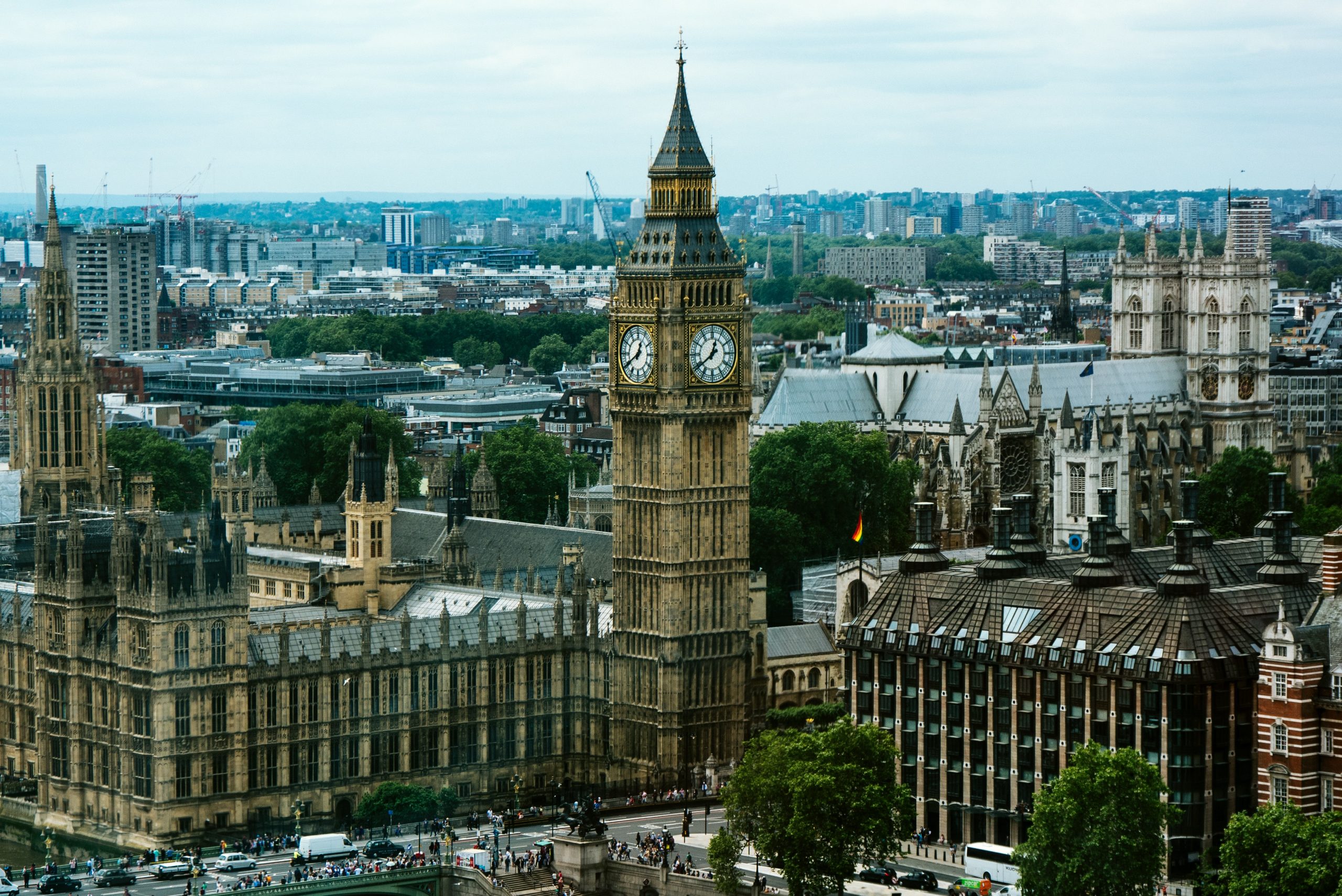Photo by Artem Beliaikin on Unsplash Production of boiler chickens (those raised for their meat, not eggs) in the US...
CNN Business: “Why oil prices are crashing and what it means”
This video explores the standoff between Saudi Arabia and Russia over oil production. The clash between the two countries reached new levels at a recent meeting in Vienna where OPEC+ countries attempted to hammer out a solution to the current glut of oil on the market that is driving prices to long time lows. While it is clear that global demand for oil is at one of its lowest points ever thanks to the closures of most economies in respond to the COVID-19 pandemic, and that production of oil must be slowed, Russia is unwilling to do so, and Saudi Arabia has refused to reduce its production unless Russia does as well. While further negotiations have produced some acknowledgement that all oil producers will need to cut production at least until the global economy is reopened, just what those reductions will look like is still unknown, suggesting that uncertainty will continue to roil oil markets and for now prices are likely to remain low.

